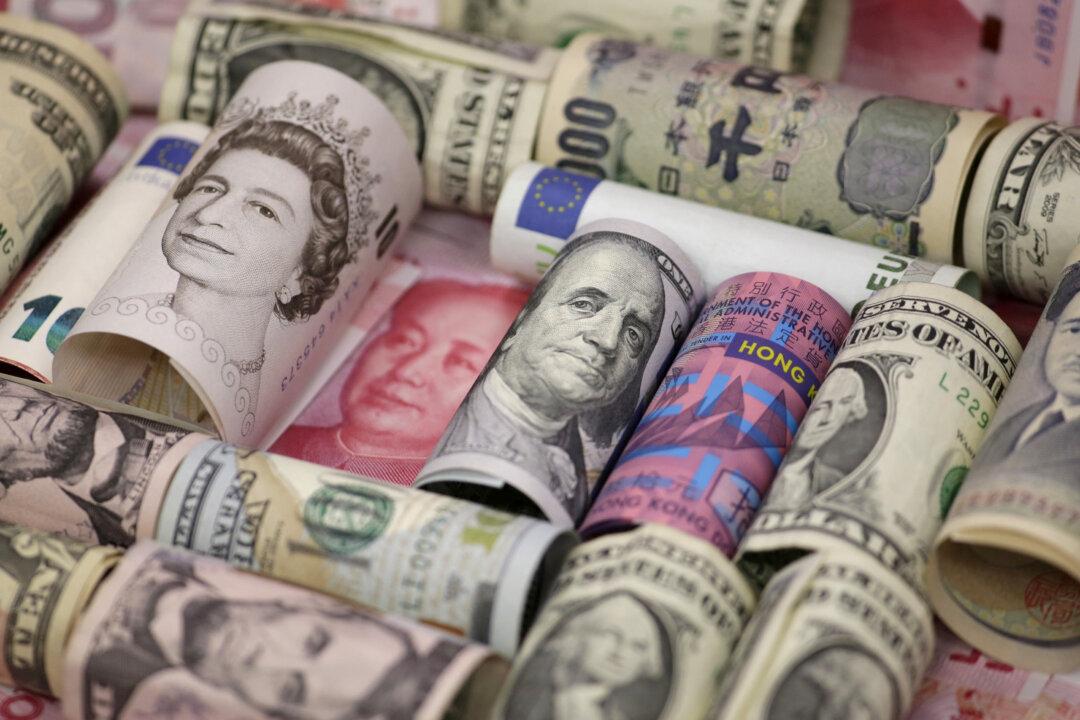The UK has been the number one destination in Europe for Chinese investments, having received the largest amount between 2000 and 2023, according to a report published on Thursday.
Mergers took a nosedive in recent years amid a changing geopolitical climate and economic difficulties in China, but “greenfield investment” such as electrical vehicle (EV) projects have kept the level of Chinese FDI from falling off a cliff, and pushed Hungary to overtake the “Big Three” in 2023 and become the top European destination for Chinese FDIs.
According to the report, Between 2000 and 2023, the “Big Three” account for more than half (55 percent) of all cumulative Chinese direct investment in Europe.
In terms of value, the UK has attracted 75.6 billion euros (£64.4 billion) of Chinese FDIs since 2000, far exceeding the amount attracted by Germany—33.2 billion euros (£28.3 billion)—and France’s 21.9 billion euros (£18.7 billion).
However, the trend has changed, with recent investments concentrated in EV projects in central Europe.
In 2017, the UK took around half of all Chinese FDIs in Europe. The proportion was 29.8 percent in 2022 and 10.3 percent in 2023.
Overall Chinese FDIs in Europe have plummeted in recent years, to 6.8 billion euros (£5.8 billion) in 2023, the lowest level since 2010.
It’s down from 7.1 billion euros (£6 billion) in 2022 and a peak of 47.5 billion euros (£40.5 billion) in 2016.
The fall was driven by the tumbling of mergers and acquisitions (M&A), which used to make up the vast majority of Chinese investments in Europe.
In 2023, the value of M&A fell by 58 percent to less than 1.5 billion euros (£1.3 billion).
EVs and Other Investments
In 2023, greenfield EV projects became dominant in Chinese FDIs in Europe, along with a shift in the main destinations over the past two years.Hungary attracted 44.1 percent of all Chinese FDIs in Europe in 2023, up from 0.6 percent in 2021 and 21.3 percent in 2022, overtaking the “Big Three,” which had 35.3 percent of Europe’s Chinese FDIs in 2023.
The surge was driven by investments in battery plants by CATL and Huayou Cobalt, worth 8.7 billion euros (£7.4 billion) in total.
Hungary, along with France and Germany, absorbed 88 percent of all EV-related Chinese investment, the report said.
Apart from greenfield investments, sectors including health care, consumer products, entertainment, and information and communication technology (ICT) also continued to attract Chinese investment, with as much as 3.1 billion euros (£2.6 billion) a year invested between 2021 and 2023, the report says.
It compares to steep falls in transport, real estate, and the financial and business sectors, where investment values have dropped by more than 90 percent.
“The healthcare, consumer, and ICT sectors now absorb about 70 percent of non-EV-related Chinese FDI in Europe, doubling their 35 percent share from 2014 to 2023,” the report says.
However, the authors suggest the scrutiny of Chinese investment in the health care sector will likely increase, pointing to the EU’s investigations into China’s public procurement of medical devices in April and the European Commission’s listing of biotech as one of Europe’s top four critical technologies for its economic security strategy.
In the UK, since the National Security and Investment Act 2021 took effect, the government has made around two dozen interventions, around half of which were to block or restrict the Chinese takeover of British infrastructure or dual use manufacturers.







